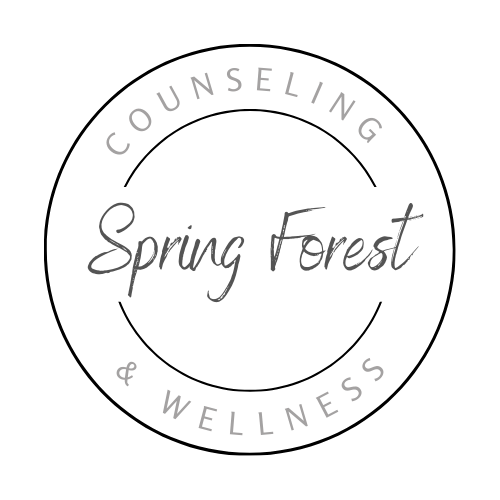Teen Therapy
Teen therapy provides a safe, supportive space for adolescents to navigate the challenges of growing up. It addresses a range of issues such as anxiety, depression, academic pressures, and social relationships. The goal is to help teens build healthy coping mechanisms and develop resilience, while also improving their self-esteem and communication skills. Therapy sessions are tailored to each teen’s individual needs, often using a blend of talk therapy, creative expression, and mindfulness techniques. This process can empower teens to better understand their emotions and create healthier behavioral patterns that lead to long-term well-being.
Frequently Asked Questions About Teen Therapy
The best type of therapy for teens often depends on their specific needs. Cognitive Behavioral Therapy (CBT) is widely used to help teens manage anxiety, depression, and other issues by changing negative thought patterns. Other therapies, like family therapy or art therapy, may also be effective depending on the individual.
Types of Therapy for Teenagers
Cognitive Behavioral Therapy
Cognitive Behavioral Therapy (CBT) helps teens identify and change negative thought patterns that lead to unhealthy behaviors. It focuses on building practical coping skills to manage anxiety, depression, and stress. By challenging irrational beliefs, teens can develop healthier emotional responses and behaviors.
Dialectical Behavioral Therapy
Dialectical Behavioral Therapy (DBT) is designed to help teens manage intense emotions and improve interpersonal relationships. It combines mindfulness techniques with emotion regulation, distress tolerance, and communication skills. DBT is particularly effective for teens struggling with self-harm, mood disorders, or impulsive behaviors.
Emotionally Focused Therapy
Emotionally Focused Therapy (EFT) focuses on understanding and improving emotional connections in relationships, especially between teens and their family members. It helps teens identify and process emotions in a supportive environment, which can lead to healthier emotional bonds. EFT is often used to improve family dynamics and reduce conflict.
Acceptance & Commitment Therapy
Acceptance & Commitment Therapy (ACT) encourages teens to accept their thoughts and feelings rather than fighting or avoiding them. It helps them clarify their values and commit to actions that align with those values, even in the face of emotional discomfort. ACT promotes psychological flexibility, helping teens navigate challenges more effectively.
Teen Therapy Can Help With
Teen therapy can be a valuable resource for adolescents facing a wide range of emotional, behavioral, and mental health challenges. It provides a safe space to work through difficult emotions, develop coping strategies, and build healthy relationships. By addressing specific concerns, therapy empowers teens to lead more balanced and fulfilling lives.
Depression: Therapy helps teens manage feelings of sadness, hopelessness, and low energy by teaching coping skills and improving mood regulation.
Anxiety: Through therapy, teens can reduce excessive worry and fear while learning techniques to manage stress and promote relaxation.
ADHD: Therapy aids teens with ADHD in developing focus, organization, and time management skills to better navigate school and daily life.
Autism Spectrum Disorder: Therapy provides support for social skills, communication, and emotional regulation to help teens on the autism spectrum thrive.
Chronic Illness: Therapy assists teens in coping with the emotional and psychological impacts of living with a chronic illness, promoting resilience and self-care.
Trauma: Trauma-focused therapy helps teens process and heal from traumatic experiences, fostering emotional recovery and long-term well-being.
Family Conflict: Therapy can improve communication and problem-solving within families, reducing tension and strengthening relationships.
Mood Disorders: Teens with mood disorders, like bipolar disorder, benefit from therapy to manage mood swings and develop emotional stability.
Obsessive-Compulsive Disorder: Therapy teaches teens with OCD how to manage compulsive behaviors and intrusive thoughts through structured interventions.
Teen Therapy at Spring Forest Counseling
At Spring Forest Counseling, our therapists take a compassionate and individualized approach to teen therapy. We create a safe, non-judgmental space where teens can openly express their feelings and work through challenges. Our therapists use evidence-based techniques tailored to each teen's unique needs, whether they are dealing with anxiety, depression, trauma, or other concerns. We believe in empowering teens to develop healthy coping skills, strengthen self-awareness, and build resilience for a brighter future. By fostering a collaborative relationship, we support both the teen and their family throughout the therapeutic journey.




